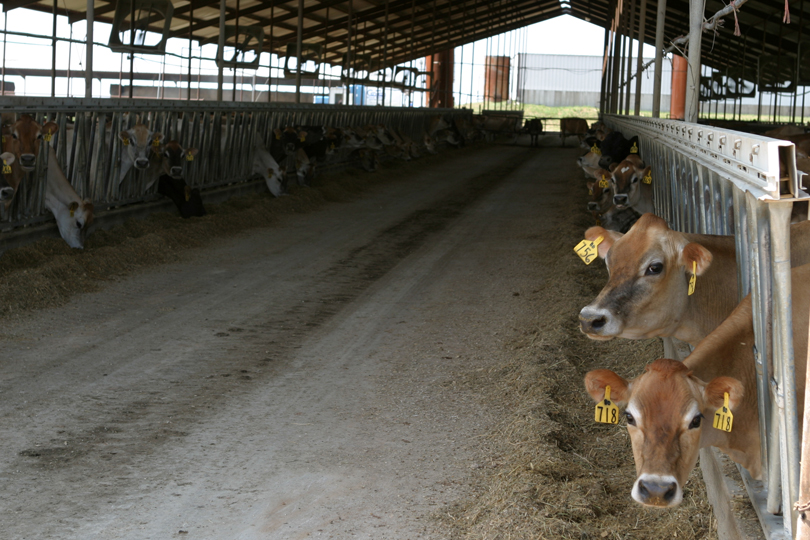By Jennifer Whitlock
Field Editor
Although dairy farmers and related businesses were hopeful the U.S.-Mexico-Canada Agreement (USMCA) would resolve dairy trade issues between the U.S. and Canada, the year-old pact doesn’t appear to have done so yet.
In the latest in a long string of allegations, representatives of the U.S. dairy sector claim Canada is circumventing USMCA milk protein export provisions.
Under USMCA, Canada agreed to do away with its Classes 6 and 7 dairy pricing programs. But a new class, Class 4a, has effectively replaced them and continues to violate the principle, if not the law, of USMCA agreements, according to Shawna Morris, National Milk Producers Federation (NMPF) senior vice president of trade.
“Class 7 was a huge problem, so USMCA had a bunch of different elements that were designed to tackle it from a few directions. But…they created a new class to move those products,” Morris said in an interview with Adams on Agriculture. “A key part of USMCA was putting in place export discipline, so you effectively capped how much milk protein Canada could unload on the global market at lower prices. There really seems to be exports of additional products that are trying to evade those export disciplines.”
Multiple U.S. dairy representatives have publicly agreed Class 4a is similar to products previously found under Classes 6 and 7.
In testimony before the U.S. Senate Committee on Finance on the implementation of USMCA, Idaho dairy farmer and chair of the Darigold and Northwest Dairy Association boards Allan Huttema said the benefits of USMCA only flow to farmers and ranchers if Canada and Mexico properly enforce the agreement.
“While the U.S. Trade Representative’s (USTR) recent initiation of USMCA dispute settlement proceedings over Canada’s allocation of dairy tariff-rate quotas (TRQs) is a welcome step, additional monitoring and enforcement efforts must also focus on Canada’s implementation of its commitments on Class 7 pricing and export surcharges on Canada’s dairy protein exports,” Huttema said.
Although USMCA’s results “may not be everything the U.S. dairy industry sought,” he said they’re a vast improvement over the 1993 North American Free Trade Agreement.
“If Canada and Mexico implement USMCA in keeping with the expectations established during negotiations, it will strengthen exports of high-quality U.S. dairy products and secure real benefits for our industry,” he said. “However, these benefits will only be fully realized if our trading partners adhere faithfully not just to the letter of their commitments under USMCA, but to their spirit, as well.”
He urged Congress to work with the USTR and U.S. Department of Agriculture to monitor Canada’s implementation of USMCA dairy provisions, saying Canada’s exports of Class 4a are increasing in a manner that seems designed to sidestep USMCA disciplines.
The Canadian ministry of agriculture, Agriculture and Agri-Food Canada (AAFC), responded its dairy price system does comply with USMCA legal requirements.
“Canada takes all of its international trade obligations very seriously, including its dairy obligations in the USMCA. The federal government, provincial governments and the Canadian dairy industry have worked to ensure that milk Classes 6 and 7 were eliminated and that products required to be priced based on U.S. reference prices are priced as such,” an AAFC spokesperson said in a statement to Agri-Pulse. “Canada understands that this issue is important to stakeholders in the U.S. dairy industry, and we are confident that our practices align with our international trade obligations.”

